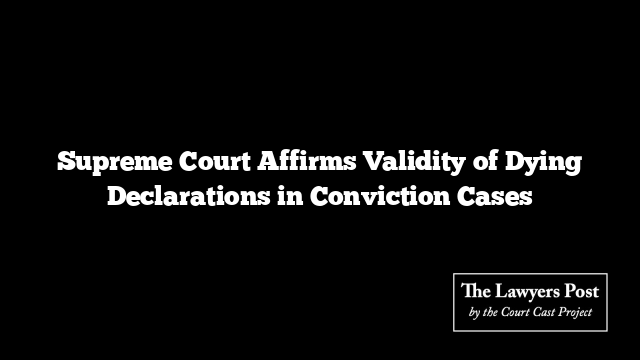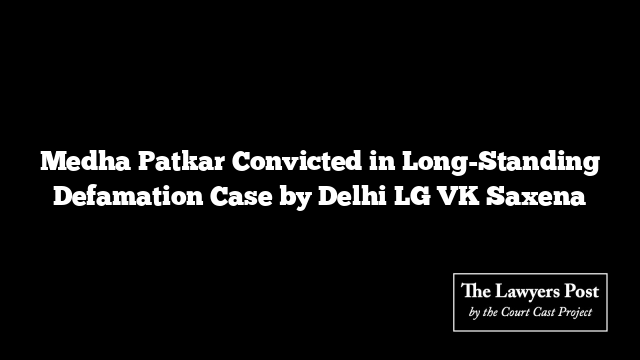The Supreme Court has underscored that a dying declaration can be sufficient for conviction if it inspires confidence, without the need for corroboration.
“The law regarding dying declarations is well-established. Once deemed authentic and confidence-inspiring, a dying declaration can solely underpin a conviction without corroboration. However, the court must ensure the declaration was given voluntarily, is consistent, credible, and free from coaching. Upon reaching such a conclusion, the dying declaration is accorded significant sanctity and can be the sole basis for conviction,” stated the bench of Justices Abhay S Oka and Ujjal Bhuyan.
Referring to previous rulings, the Court outlined key principles related to dying declarations:
- A dying declaration can solely form the basis for conviction without corroboration.
- Each case must be assessed based on its specific facts and the circumstances of the declaration.
- Dying declarations are not inherently weaker than other evidence.
- They must be evaluated in the context of surrounding circumstances and evidence-weighing principles.
- A declaration recorded by a competent Magistrate holds greater weight than one based on oral testimony.
- Reliability must be assessed considering the declarant’s condition, promptness of the statement, and absence of tutoring.
Minor inconsistencies in prosecution witnesses’ testimonies do not undermine the prosecution if the core narrative aligns with the deceased’s declaration and the medical history.
The appellant challenged their conviction, citing inconsistencies in witness testimonies and questioning the reliability of the dying declaration. The Court, however, upheld the declaration as valid evidence.
“The dying declaration’s content was corroborated by witnesses PW-6, PW-12, and PW-13. Despite natural inconsistencies due to the five-year gap between the incident and court testimonies, these do not affect the core of her statement. Identical witness statements might suggest coaching, which is not the case here. Therefore, we accept the dying declaration (Ex. 59) as valid evidence,” noted Justice Ujjal Bhuyan.
The court emphasized the deceased’s capability to narrate her statement, corroborated by the attending doctor’s certification and the medical history.
“Given the evidence on record, particularly Ex. 59, the appellant’s guilt is established beyond reasonable doubt,” the court concluded.
The appeal was dismissed, affirming the appellant’s conviction.





